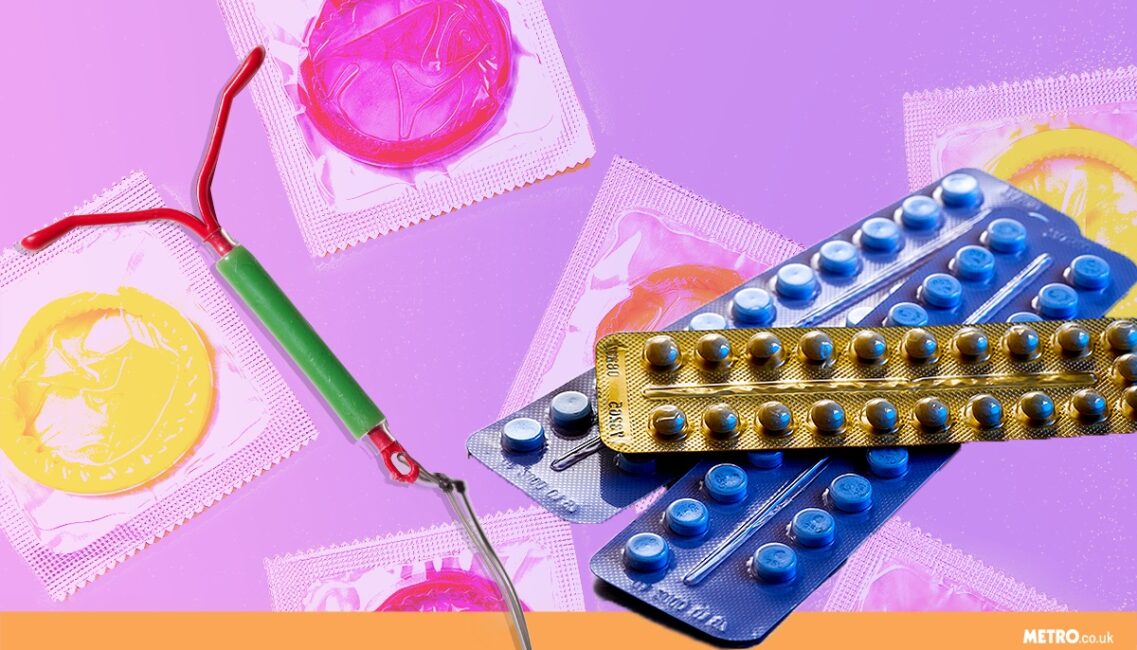A Medical expert, Dr. Agbor Ebuta, has warned against plans by the Federal Government to set up a domestic manufacturing firm to produce In-vitro Diagnostics (IVD), vaccines, generic pharmaceuticals, biologics and medical devices in Nigeria.
The Coordinating Minister of Health and Social Welfare , Ali Pate, had in a post via his X account on Wednesday disclosed that the ministry had entered into a partnership with Bio Investment Group, a pharmaceutical company to produce IVDs, vaccines and other healthcare products in the country.
Advertisement
Pate noted that the measures is part of President Tinubu’s commitment to unlocking Nigeria’s healthcare value chains.
However, Dr. Ebuta, Consultant and Vice President of Medical Initiative for Africa, said that the ambitious plan by the FG for local production of vaccines and other healthcare products must be carefully considered .
He noted that hasty policy implementation could lead to price hikes and product shortages. considering the dependency of production on power.
He said Nigeria’s current total power production is around 4000 MegaWatt(MW) which is significantly lower than South Africa’s over 40,000 MW.
Advertisement
According to Dr. Ebuta, “Production may face obstacles due to reliance on fossil fuels, exacerbated by unfavorable exchange rates impacting the cost of fueling necessary for power generation,” stressing that power availability, security, and well-trained manpower were important factors to be considered.
He said unlocking the value chain in the healthcare system would help slash foreign exchange spent on importing medications and their essential ingredients, alleviating pressure on the Naira and contributing to favorable fiscal policies.
In addition, it would reduce dependency on foreign countries, reduce importation of substandard and expired drugs , enhance national security, and stimulate economic growth.
The move is expected to create job opportunities, build technical capacity, and position Nigeria as a regional and international player in the health space.
Ebuta said, “The advantages of this is that we saw how Nigeria had to queue cap in hand begging for vaccines and there was a huge demand for vaccines globally and we had to queue behind other countries with our request.
Advertisement
“If these vaccines indeed were a life and death matter in terms of the short term implication and we had to wait months before the vaccines were approved and shipped to Nigeria, a lot of people would have died , we were just lucky that the COVID-19 was more of a prophylactic intervention rather than a therapeutic intervention.
“In future, if we were to find ourselves in a situation where we need massive amounts of medication, vaccine for emerging disease at that time, indeed the advantage would be that we would be producing these in-house.
“If these value chain policy is being implemented to the latter and the result thereof, it is possible that Nigeria will be able to position itself as a key player and supply medications to 50 plus African countries which will be ready market, so indeed it is an excellent policy.”
The medical expert suggested that the scheme should be implemented by a competent team, comprising skilled Nigerians and, where necessary, expatriates, to navigate these challenges and realize the Federal Government’s commendable vision and ensure it’s institutionalized for long-term sustainability.
According to Food and Drug Administration, IVDs are tests or examinations conducted on samples retrieved from the human body such as blood or tissue samples



